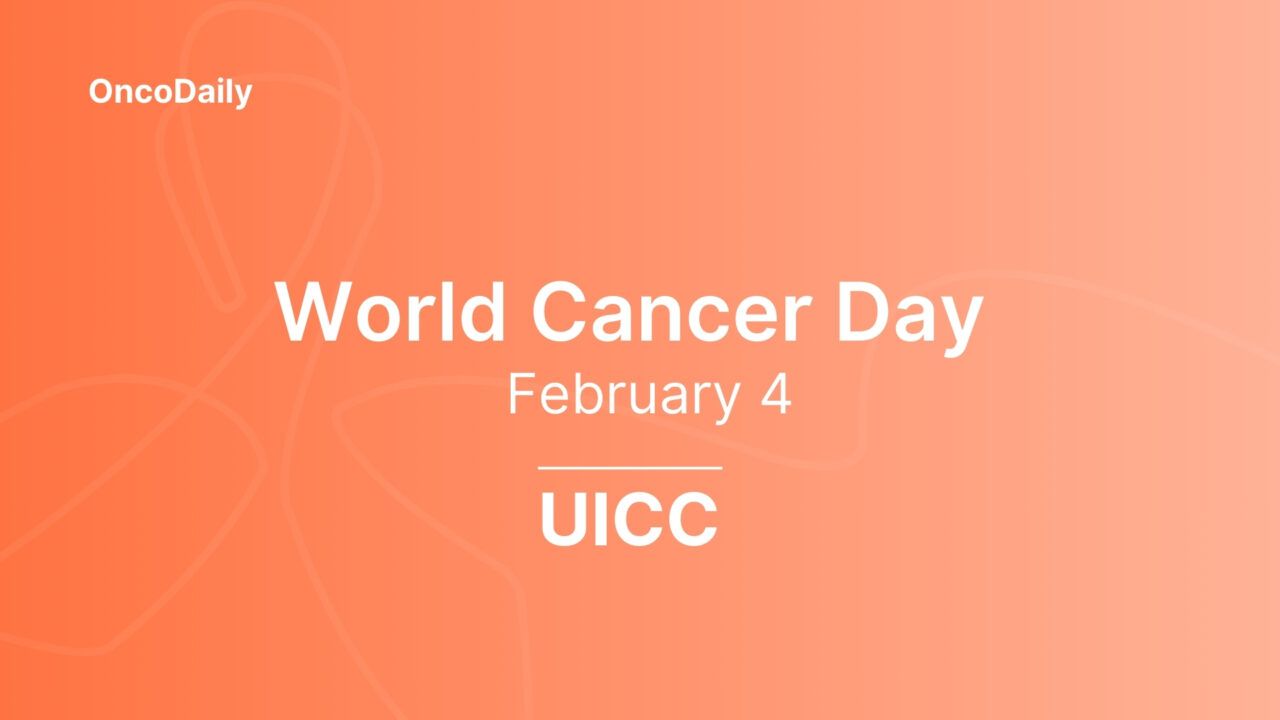World Cancer Day is observed on February 4th each year to raise awareness and encourage global action in the fight against cancer.
This year marks the 25th anniversary of the signing of the Charter of Paris Against Cancer at the World Summit Against Cancer for the New Millennium.
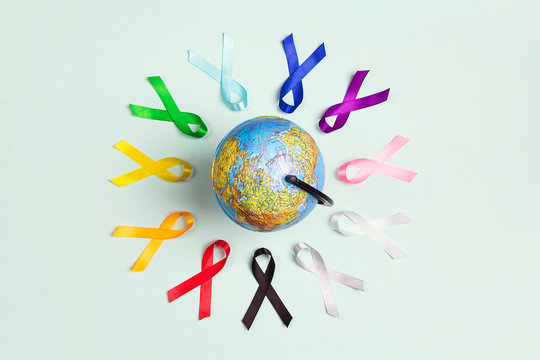
Organized by the Union for International Cancer Control (UICC), the day aligns with the objectives of the World Cancer Declaration, established in 2008.
Its main aim is to dramatically reduce cancer-related illness and deaths while uniting the international community to address the preventable suffering caused by the disease. The United Nations also observes this important day.
On this occasion oncologists, cancer organisations and government officials shared their thoughts on social media:
UICC:
“Every cancer experience is unique, but we’re united in the call for people-centred care.
This World Cancer Day, 4 February, join us in pushing for a future where cancer care meets individual needs with equity and compassion.
Learn more here.”
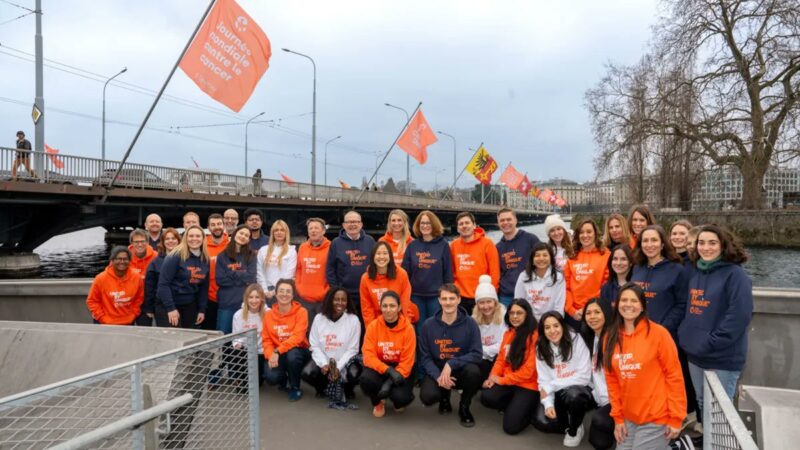
The Prince and Princess of Wales:
“Don’t forget to nurture all that which lies beyond the disease. C.”
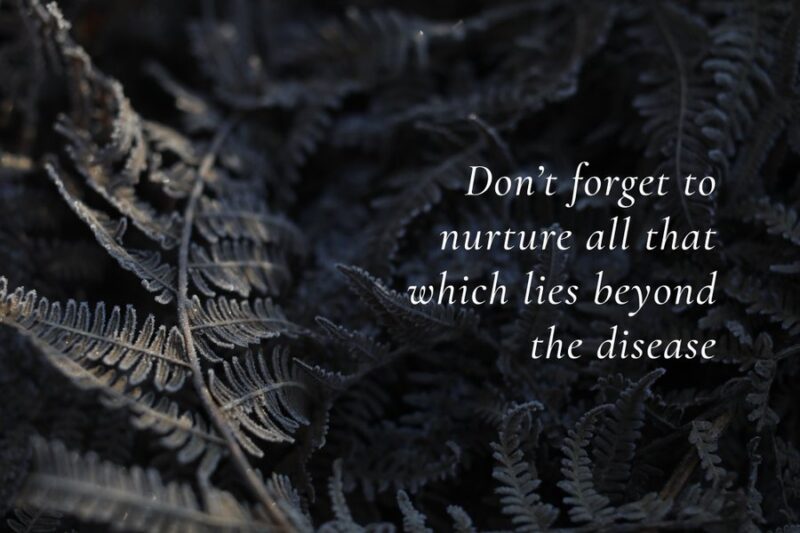
“Through the AACR Scientist Survivor Program, AACR on Campus, and other initiatives, the AACR is helping to connect patients and researchers around the world through their unique stories. Learn about these efforts on World Cancer Day by visiting the AACR Blog.”
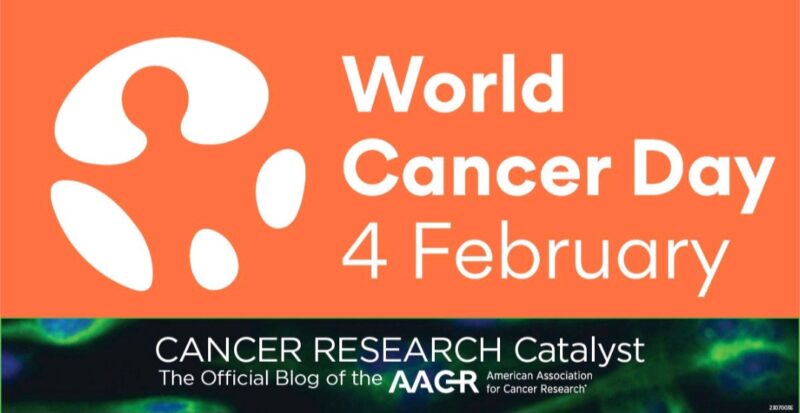
“Today’s number is a big one: 35.3M. That’s the projected number of cancer cases worldwide by 2050, representing a 76.6% increase from the 20M cases predicted in 2022. Wow. While daunting, this is not destiny.
On this World Cancer Day, raising awareness is critical, but so is identifying solutions. Two key factors come to mind that can help change this trajectory:
Collaboration – By sharing data, advancing global cancer research, and learning from every patient, we can accelerate progress. Decades of investment in cancer science have given us blueprints for prevention, breakthrough therapies, and even cancer cures. Now, technology is poised to further speed up the conversion of discoveries into clinical action.
Access – Increasing access to cancer breakthroughs is essential. As the study authors emphasize: ‘Strengthening health care access and quality, including ..health insurance coverage, and health care systems in the prevention, early diagnosis, management, and treatment of cancer will be paramount for improving clinical outcomes and slowing projected trends.’
The challenge ahead is great, but so is our ability to act. Let’s lean in together to reduce the burden of cancer worldwide.
Prediction study here.”
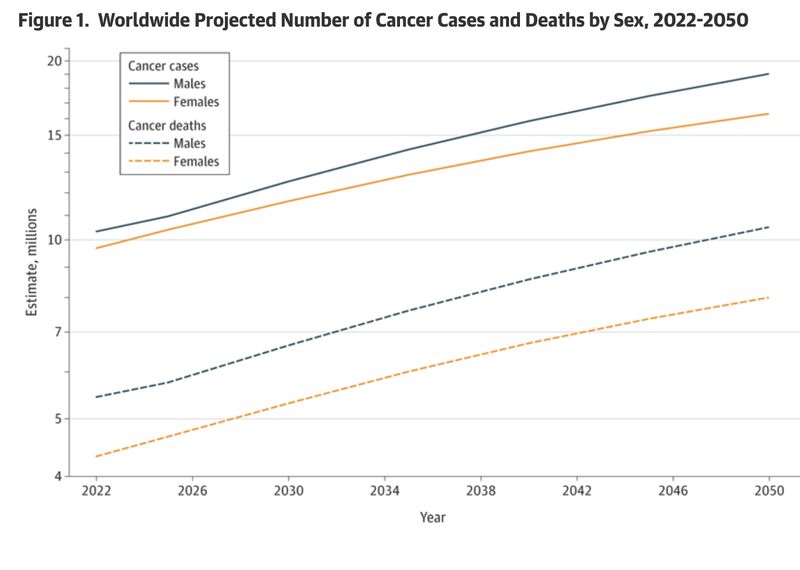
“Today, on World Cancer Day, we celebrate ambitious EU-funded projects like PROTECTEUROPE, INTERACTEUROPE100 and EUsmartCARE – projects contributing to Europe’s Beating Cancer Plan and the EU Cancer Mission.
Read more on World Cancer Day and discover how Europe’s Beating Cancer Plan is already having a huge impact.”
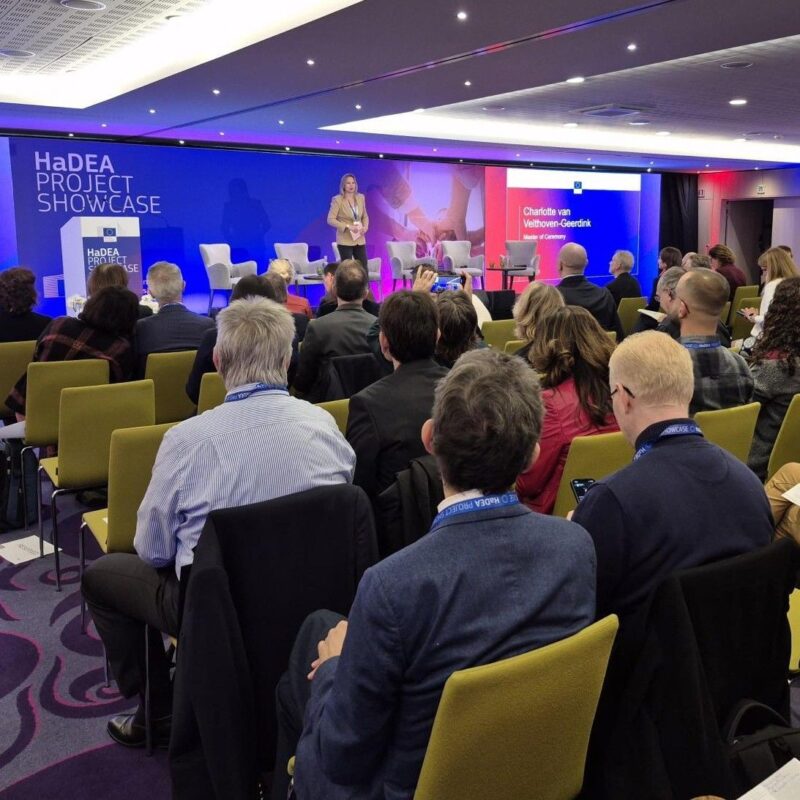
“Cancer has a way of turning lives upside down—bringing a combination of moments of strength, pain, hope, resilience, and a myriad of other emotions.
As an advocate, on the one hand, I share joy with survivors who have defied the odds as well as the grief of families who carry the weight of loss.
Each story is unique, but what unites us is the fight for better care, earlier detection, and a world where no one faces cancer alone.
This World Cancer Day, let’s stand together to flip the script on cancer. Every journey is different, but when we are United By Unique, we create a future where people come before the disease.”
“UNITED,
BY UNIQUE,
United in our message, unique in our stories.”
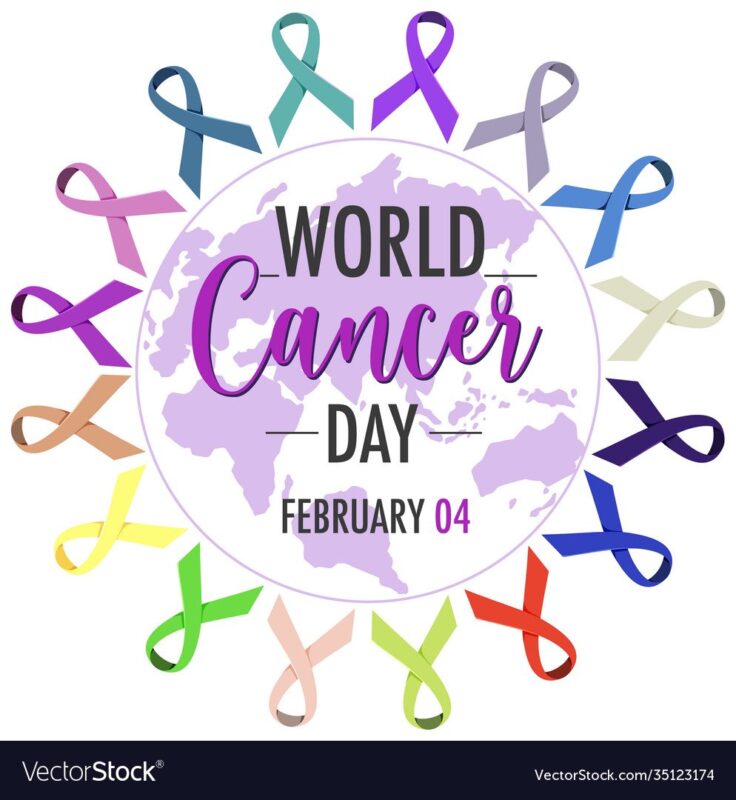
“Creating a World Where Precision Oncology is a Reality for All.
On this World Cancer Day, I’m thrilled to share my blog contribution for the American Association for Cancer Research AACR Research Catalyst.
In this piece, I had the privilege of exploring a topic close to my heart: ‘Creating a World Where Precision Oncology is a Reality for All.’
It’s about thinking globally but acting locally to ensure that these advancements are accessible, effective, and impactful for everyone, no matter where they live.
I’m excited to contribute to this important conversation and look forward to hearing your thoughts on the future of cancer care.
Thanks to the fantastic team at AACR for giving me this amazing opportunity to share my thoughts.
Read the full blog here.”
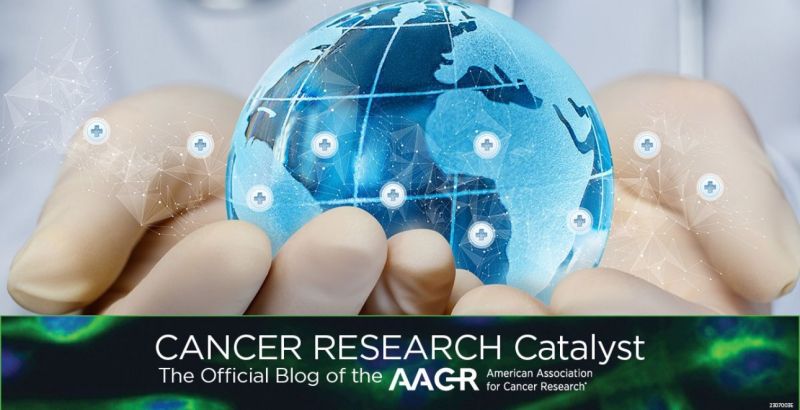
“Today is World Cancer Day. The burden of cancer is growing worldwide, with 1 in 5 people facing cancer in their lifetime.
The most common cancers in the Western Pacific are:
- lung
- colorectal
- breast
- stomach
- thyroid
Take a look at your country’s cancer profile here.”
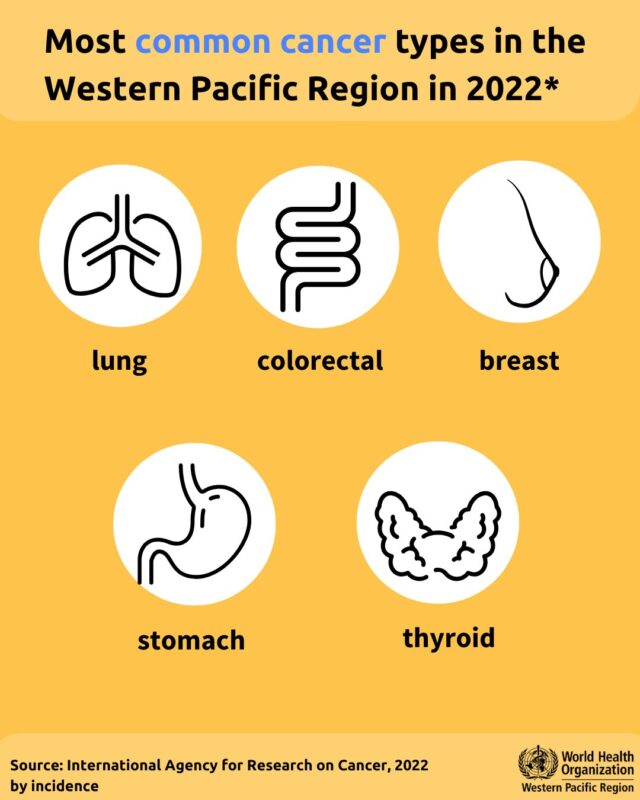
ESMO:
“This World Cancer Day ESMO stands with the One oncology community in our shared commitment to delivering the best possible care to people with cancer.
Together, we continue to advance cancer care worldwide.”
“Cancer as a ‘global problem’ – may it be one of the many victims of the present crisis in multilateralism?
Global efforts to highlight cancer and non-communicable diseases (NCDs) as a growing burden were first raised in 2005 World Health Assembly Resolution 58.22 and reinforced with Resolution 70.12 and the Global NCD action plan in 2017.
One common thread for addressing cancer burden was the need to articulate cancer priorities within a comprehensive national cancer control plan (NCCP).
Since 2012, the International Cancer Control Partnership provided guidance on cancer policy and planning, with the goal that every country should have an implementable plan. The purpose of the global review of NCCPs was to update global knowledge of the status and content of NCCPs.
The global review included 16 new questions related to cancer equity, pandemic preparedness, global WHO initiatives, evidence-based recommendations, and other emerging trends.
There is a need to reassess the impact and ‘modus operandi’ of WHO? – to globally strengthen cancer-care systems with projections that cancer cases will substantially increase during the coming years, said global leaders during a forum discussion on cancer care at the annual World Economic Forum in Davos, Switzerland, on Jan 22, 2025.
With global cancer rates projected to rise by nearly seven million cases over the next decade – and the economic toll of cancer expected to reach $25.2 trillion over the next 30 years – tackling this public health crisis has become a global priority.
Discussions during WEF 2025 focused on innovative strategies for early detection, value-based financing, advancements in science, and the future of cancer care.
Prof. Csaba Dégi, president of the European Cancer Organisation (ECO), was among the featured participants in several high profile sessions.
His contributions highlighted ECO’s extensive efforts to foster collaboration among stakeholders to improve cancer prevention, detection, and treatment.
Key points raised by Prof. Dégi during his presentations included:
The positive and stimulating impact that Europe’s Beating Cancer Plan has had in encouraging countries in the EU and beyond to go further and faster in joint responses to the challenges posed by rising cancer incidence.
The need to sustain the new frameworks of cooperation created by that Plan beyond the current EU funding cycle, which ends in 2027, while also harnessing exciting new advances in precision oncology and artificial intelligence.
The value in replicating Europe’s Beating Cancer Plan approach of cross border cooperation through other international efforts, including the potential establishment of a UN taskforce on cancer.
Meanwhile, the fact that USA is leaving the WHO might – according to a The Lancet editorial – have negative impact for cancer management in Africa?”
“Today is World Cancer Day, a global reminder that cancer impacts everyone, regardless of who we are or where we live.
This year’s theme is ‘United by Unique’, underscoring how cancer doesn’t discriminate, affects no two people in the same way and yet unites us all.
Importantly, it spotlights that behind every statistic is a person, a person who should not be defined by their diagnosis and must be cared for and supported as individuals, with their own unique beliefs, lived experiences and priorities.
Unfortunately cancer’s growing burden is a phenomenon we are seeing globally, with cancer rates projected to increase exponentially over coming years.
According to new data released today by the Cancer Institute NSW:
– Close to 54,000 people are projected to be diagnosed with cancer in NSW, with prostate, breast, melanoma of skin, bowel and lung cancer projected to be the most common cancers diagnosed.
– More than 16,000 people are projected to lose their lives to the disease by years end, with lung cancer expected to be the deadliest cancer followed by bowel, pancreatic, prostate and breast cancer.
For those of us in the cancer workforce, today strengthens our resolve to listen to and respect each person impacted by cancer, and care with the empathy and compassion everyone deserves, during a life-altering time of their lives.
Read more on World Cancer Day.”
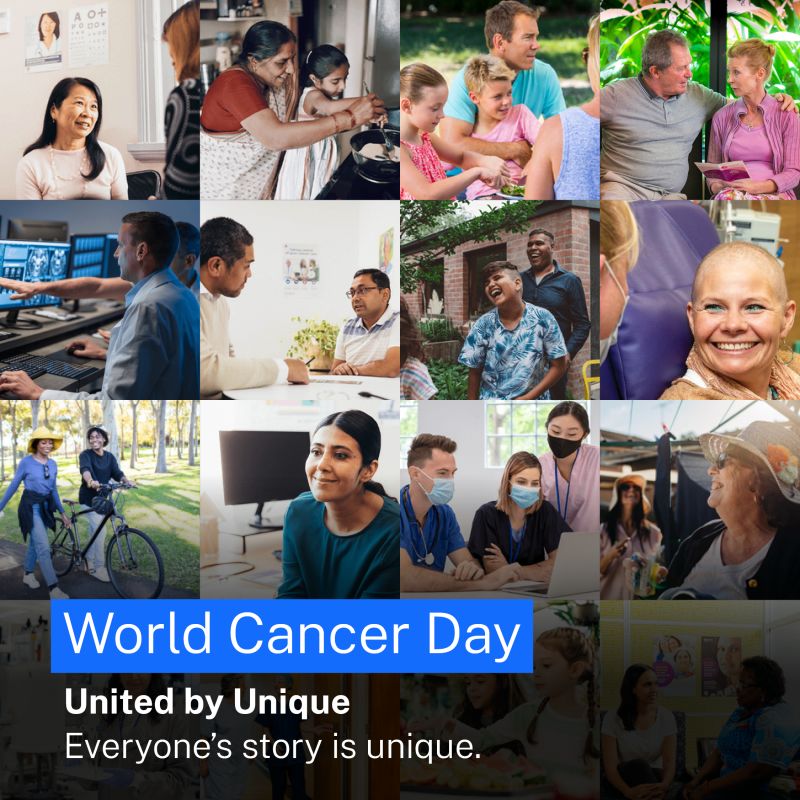
“On this World Cancer Day, February 4, we stand in solidarity with the Union for International Cancer Control (UICC) in embracing this year’s theme: United By Unique.
This theme reminds us that every hashtag#cancer journey is personal, shaped by individual circumstances, cultural contexts, and access to care.
Cancer is never just a medical condition—it is a lived experience. For too long, we have taken a ‘one-size-fits-all’ approach, offering standardized treatments without fully recognizing the diverse ways cancer affects individuals, particularly in Africa.
As we continue to advance cancer care, it is crucial that in addition to standard generic treatments, we strive to create care pathways that are tailored to the needs of each patient.
This means treating not just the disease but the whole person—their environment, struggles, and aspirations.
However, some things should never be unique.
The right to access quality care, life-saving treatment, and early diagnosis should not depend on where someone lives or their financial resources.
While Africa faces unique cancer care challenges, the need for equitable and compassionate care is universal.
In recognition of this, AORTIC- Africa is pleased to reignite our Advocacy Special Interest Group, co-chaired by Julie S. Torode and Abiola Ibraheem, who will be working with me, to lead discussions on how advocacy can drive meaningful change in cancer-care across the continent and ensure that our patients’ voices remain central to this continuing dialogue
This World Cancer Day, let’s unite in our commitment to a future where every patient’s journey is valued and supported, and where access to care is a right, not a privilege.
Together with UICC and partners worldwide, we can make this vision a reality.”
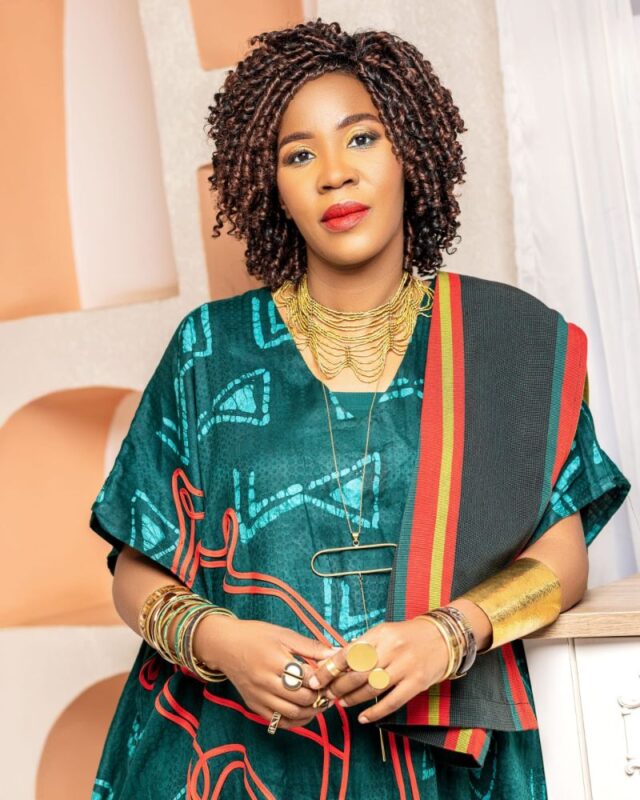
“Today, we unite as warriors in the fight against cancer. The battle is never easy, but it is one we must face with courage, determination, and unwavering resilience.
Cancer may challenge us, but like every warrior, we rise stronger, armed with knowledge, innovation, and compassion. Each patient, caregiver, doctor, and supporter plays a crucial role in this ongoing fight.
Together, we stand as a shield for those who need hope and as a sword for breakthroughs in treatment and care.
Let’s take this opportunity to: Spread awareness. Support research and innovation. Honor the fighters, survivors, and those we’ve lost.
This is not just a battle; ‘it’s a mission for life and love’.”
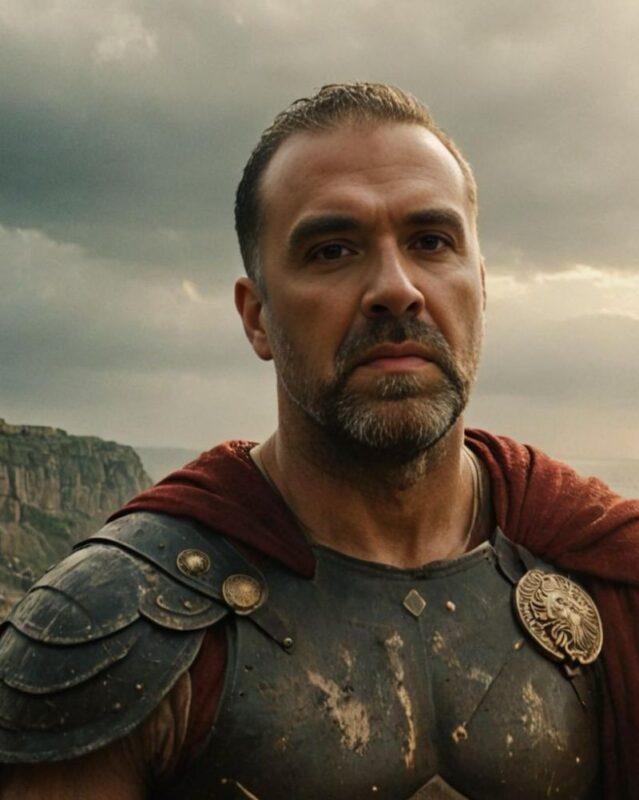
“On World Cancer Day let’s all get behind the vision of ‘United by Unique’ that places people affected by cancer at the centre of care and supports innovating ideas and actions that can make a difference.”


